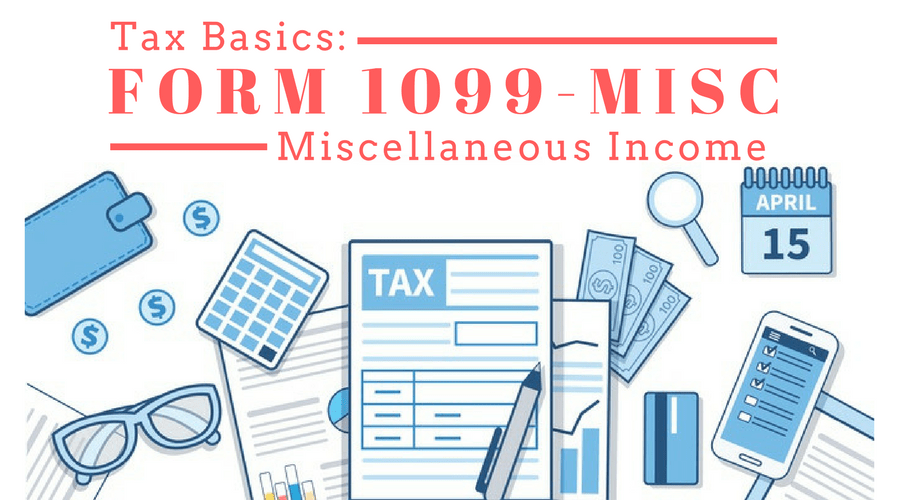Are You Giving Your Employees Bonuses? Check Out the Tax Implications

This article was last edited on 10/15/2019. For updated information on bonuses and other supplemental wages, visit IRS Publication 15.
Year-end cash bonuses are a great way to reward your employees’ hard work or to celebrate an excellent year for your company. There are two different types:
- Discretionary bonuses are not expected. For example, a performance-based supplemental check would be discretionary if you don’t give them out every year – only when a worker goes above and beyond. The only exception here is holiday bonuses. They are always discretionary, even if you hand them out every year.
- Non-discretionary bonuses are expected or imposed on you by a union contract or employment contract. These include sales and signing bonuses. Non-discretionary bonuses must be added to your team member’s weekly gross pay when determining overtime pay for hourly and non-exempt staff.
Because each type is treated differently, make sure you understand the tax implications for you and your team.
How are bonuses taxed?
The IRS considers bonuses “supplemental pay,” so they’re treated like any other pay to your employees. That means they’re subject to income tax withholding, FICA taxes, and FUTA taxes. When you’re considering whether you can afford to hand out holiday bonuses, make sure you factor in your employment tax obligations.
When figuring out how best to treat income tax withholding on those checks, you have a few options:
- You can withhold a flat amount of income tax. The flat rate is currently 22 percent. Although not likely for small businesses, if you’re writing a bonus check for over $1 million, the flat rate is a bit higher (37 percent).
- You can combine your employee’s regular pay and their bonus amount to determine their income tax withholding but take the additional tax only out of the bonus check.
Don’t forget that if this bonus puts a worker’s pay over $200,000 for the year, you’ll have to withhold an additional 0.9% Medicare tax on any taxable amount over $200,000. You should also remember the social security wage base. Social security taxes are withheld from the first $132,900 an employee makes each year. Keep that in mind, if someone reaches that amount with their holiday bonus.
Don’t forget to report the bonuses and payroll taxes on your Form 941.
When can I deduct bonuses?
Because bonuses are employee pay, you can deduct them from your business’s income. When you deduct them depends on if you report on a cash basis or accrual basis.
Read also: Accrual Accounting vs. Cash Accounting
If you report on a cash basis, then you deduct the bonuses from the tax year you paid them. So, if you pay the bonuses by December 31, 2019, you can deduct them from your 2019 income.
If you report on an accrual basis, you have a little more flexibility. If you declare the bonuses and put them in writing before the end of the year, then you have until March 15 of the following year to pay them out. As long as you declare your workers’ bonuses in writing by December 31, 2019, you have until March 15, 2020 to pay them out.
If you use the accrual basis, you can also set up a bonus pool. You can budget a fixed amount for bonuses, then allocate the funds based on your preferred measurement, such as performance. You can deduct these bonuses from your income as long as the pool amount is fixed and determinable. You must set the amount by December 31. If you change the pool in any way after December 31, then you cannot deduct it for that tax year. For example, you cannot deduct the bonuses if
- you retain the right to modify or eliminate the bonuses at any time prior to payment
- the Board of Directors retains the right to modify or eliminate the bonuses at any time prior to payment
- the amount of each bonus is based on a subjective performance review made after December 31
- the employee must still be employed on the payment date
Read also: 5 Steps for Giving Out Year-End Bonuses


